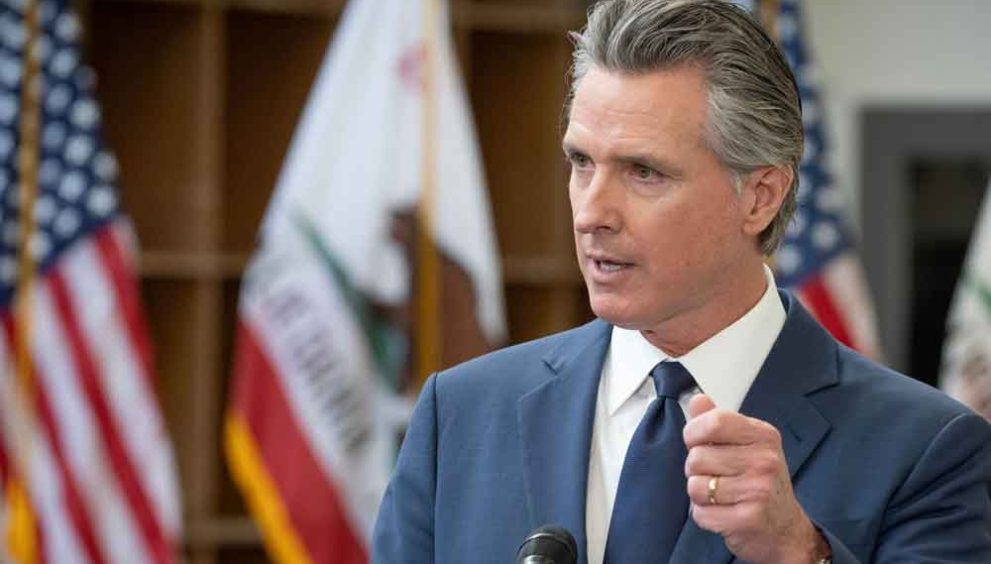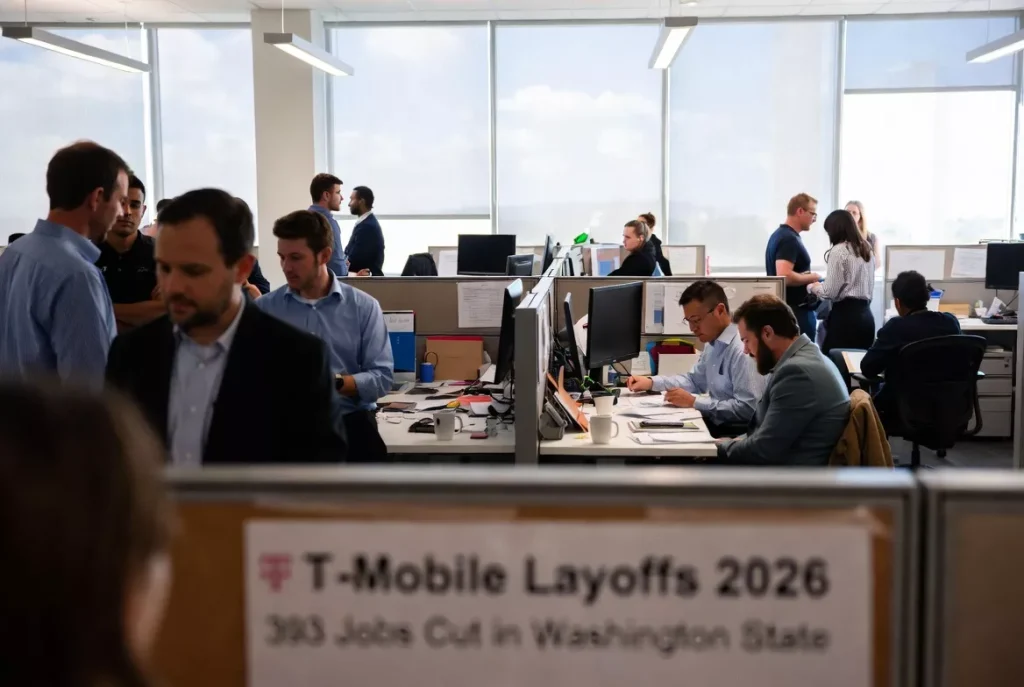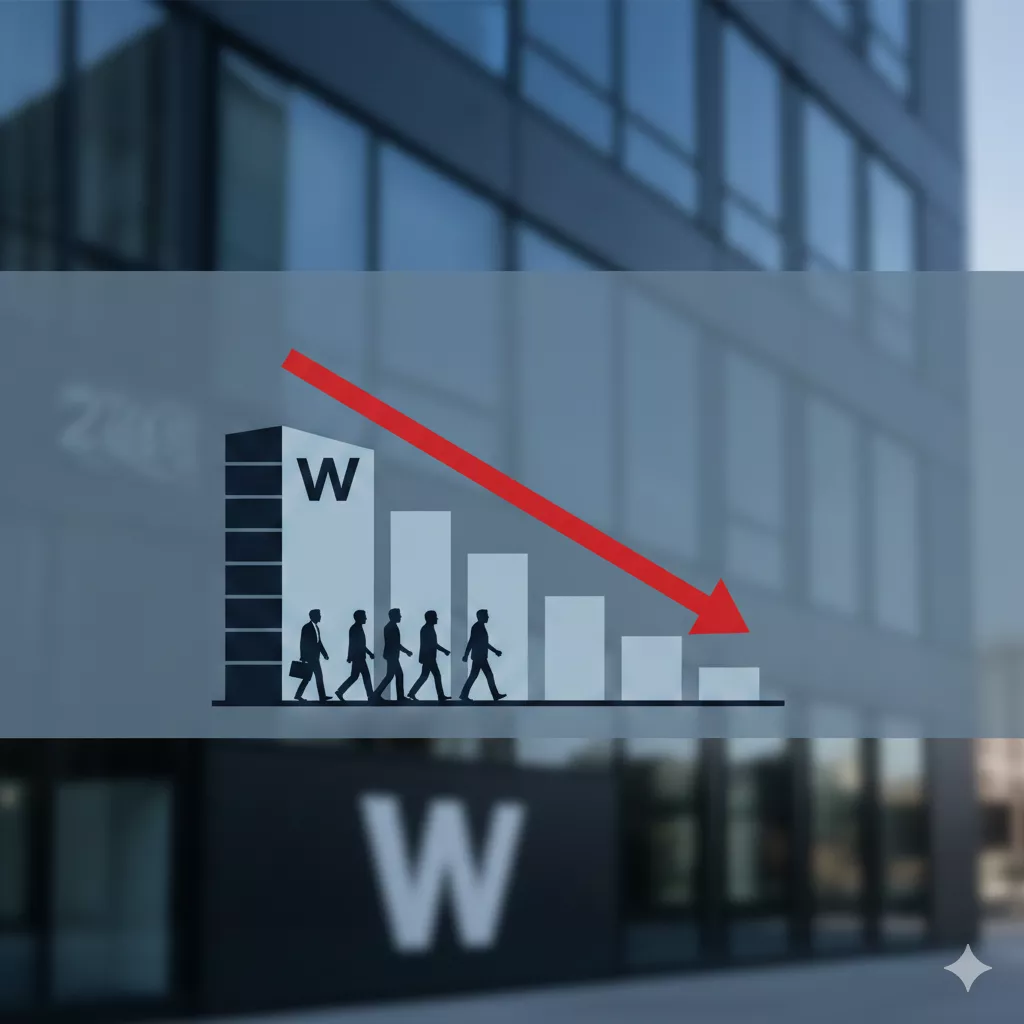Newsom Calls for Special Election to Redraw California Congressional Maps Amid Election Manipulation Concerns

SACRAMENTO, Calif. — California Governor Gavin Newsom has ignited a political firestorm by announcing a special election on November 4, 2025, to allow voters to approve new congressional district maps. The move is a direct response to what Newsom describes as a Republican-led effort in Texas to gerrymander congressional districts in favor of the GOP ahead of the 2026 midterm elections. Newsom’s initiative, dubbed the “Election Rigging Response Act,” aims to counter what he calls an attack on democratic principles, but critics argue it’s a power grab that undermines California’s independent redistricting process.
A Reaction to Texas Redistricting
The announcement comes amid reports that Texas, under pressure from President Donald Trump, is pushing to redraw its congressional maps to create five additional Republican-leaning seats. This mid-decade redistricting effort, unusual outside the post-census cycle, is seen by Democrats as an attempt to bolster the GOP’s slim 219-212 majority in the U.S. House of Representatives. Newsom has framed California’s response as a necessary countermeasure to “fight fire with fire” and protect democratic fairness.
“We cannot sit back and watch democracy disappear district by district,” Newsom declared at a press conference in Los Angeles on August 14, 2025, flanked by prominent California Democrats, including Senators Alex Padilla and Adam Schiff. “If Texas moves forward with rigging their maps, California will respond with transparency and voter consent to level the playing field.”
Newsom’s plan hinges on temporarily bypassing California’s independent Citizens Redistricting Commission, established in 2008 through Proposition 11 and expanded in 2010 via Proposition 20 to draw nonpartisan congressional and state legislative maps. The proposed maps, which Newsom claims will be released as early as August 15, 2025, are expected to create five additional Democratic-leaning seats to offset Texas’s gains. The new maps would apply to the 2026, 2028, and 2030 elections before redistricting authority reverts to the independent commission for the 2032 cycle following the 2030 census.
The Election Rigging Response Act
The Election Rigging Response Act requires a two-thirds vote in both chambers of California’s Democrat-dominated state legislature to appear on the November 4 ballot. If approved, a simple majority of voters would need to pass the measure for the new maps to take effect. Newsom emphasized that the process will be transparent, with maps made available for public review before the election. “We trust California voters to make this decision,” he said. “Unlike Texas, we’re not drawing maps behind closed doors.”
The governor’s office has indicated that the special election is contingent on Texas finalizing its redistricting plans. If Texas halts its efforts, Newsom has stated that California would stand down as well, framing the initiative as a defensive maneuver. “If the other states call off their redistricting efforts, we will do the same. And American democracy will be better for it,” Newsom posted on X.
Support and Opposition
The proposal has garnered support from several high-profile Democrats. U.S. Representative Zoe Lofgren, chair of California’s Democratic congressional delegation, confirmed that the new maps would comply with the Voting Rights Act while creating five additional Democratic seats. “Every single member of the California delegation is willing to support a plan to do that,” Lofgren said. Assembly Speaker Robert Rivas promised that the maps would be available for public review “next week,” ensuring voters have time to evaluate them.
Other Democratic leaders, including Assemblymember Isaac Bryan and Senator-elect Sabrina Cervantes, echoed Newsom’s call to action, arguing that the move is essential to counter GOP efforts to “rig” the 2026 midterms. Jodie Hicks of Planned Parenthood Affiliates of California warned that Republican redistricting could lead to a federal abortion ban, while Erika Jones of the California Teachers Association highlighted threats to education funding under a GOP-controlled Congress.
However, the plan has faced sharp criticism from Republicans and some Democrats. The California Republican congressional delegation, which holds nine of the state’s 52 House seats, condemned the initiative as a “power grab” that undermines the will of voters who supported the independent redistricting commission in 2008 and 2010. “Californians demand and deserve transparency from their government. Governor Newsom’s sinister redistricting scheme is the opposite,” said Assemblywoman Alexandra Macedo, Vice Chair of the Assembly Committee on Elections.
Corrin Rankin, chair of the California Republican Party, vowed to fight the proposal in court and at the ballot box, arguing that it violates the state’s constitution. U.S. Representative Kevin Kiley, a Republican, accused Newsom of trying to reduce GOP representation from nine to three seats, calling it an attempt to make California “even more of a one-party state.” Kiley has proposed federal legislation to prohibit mid-decade redistricting nationwide to prevent a “damaging redistricting war.”
Some Democrats also expressed unease. Assemblymember Alex Lee warned that “trying to save democracy by destroying democracy is dangerous and foolish,” suggesting that legitimizing gerrymandering could backfire on Democrats. Philip Hensley-Robin of Common Cause Pennsylvania criticized both Texas and California for engaging in “partisan extremism” that erodes voter trust.
Public Sentiment and Challenges
Polling indicates that Newsom faces an uphill battle. A POLITICO-Citrin Center-Possibility Lab poll found that nearly two-thirds of Californians prefer retaining the independent redistricting commission, with only 36% supporting legislative control. Newsom acknowledged the challenge but argued that “inaction is not an option” if partisan gerrymandering continues unchecked in other states.
The cost of the special election is another point of contention. California’s 2021 recall election cost over $200 million, and with the state facing budget constraints, critics question the expense of a special election. Newsom dismissed concerns, calling the cost “priceless” in the context of defending democracy.
Broader Implications
Newsom’s move has sparked a national debate about redistricting and electoral fairness. While California’s initiative is framed as a response to Texas, other states like Florida, Ohio, Indiana, and Missouri are also considering mid-decade redistricting, potentially escalating a “redistricting war” that could reshape Congress. Newsom has called for a national redistricting commission to end partisan gerrymandering, a proposal that has gained little traction in Congress.
Critics like Marina Jenkins of the National Democratic Redistricting Committee argue that Texas’s proposed maps dilute the voting power of Latino and Black communities, particularly in areas like San Antonio and Houston. Newsom’s supporters, meanwhile, insist that California’s transparent process and voter approval requirement distinguish it from Texas’s approach.
As the November 4 special election approaches, California voters will decide whether to approve the new maps and temporarily shift redistricting power to the legislature. The outcome could have far-reaching consequences for the 2026 midterms and the balance of power in Congress, setting a precedent for how states respond to partisan redistricting efforts nationwide.
Click USA News will continue to monitor developments in California’s redistricting efforts and provide updates as new information emerges. For more stories on national politics, visit www.clickusanews.com.













